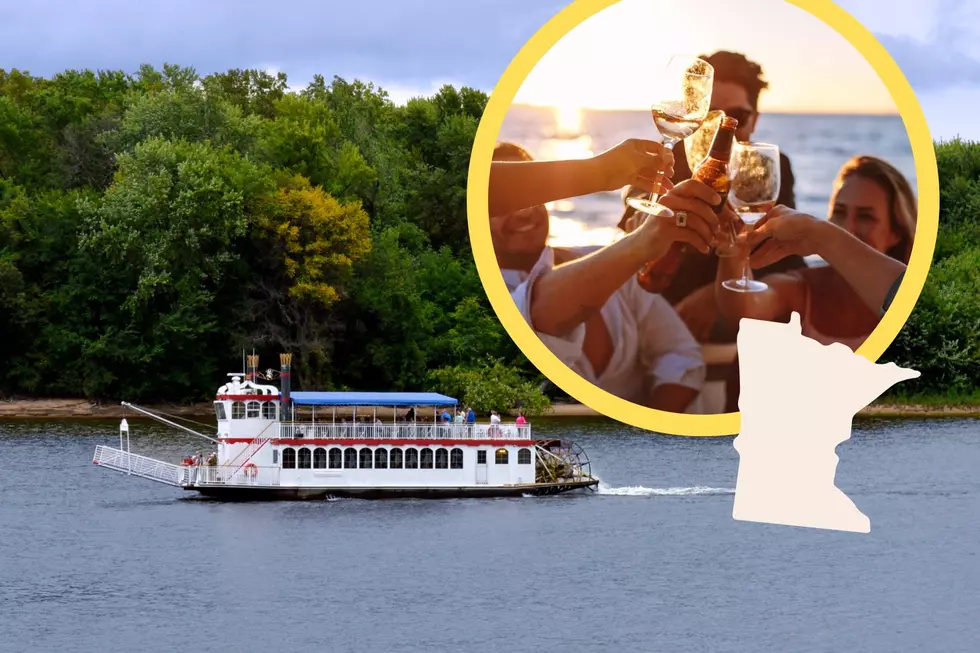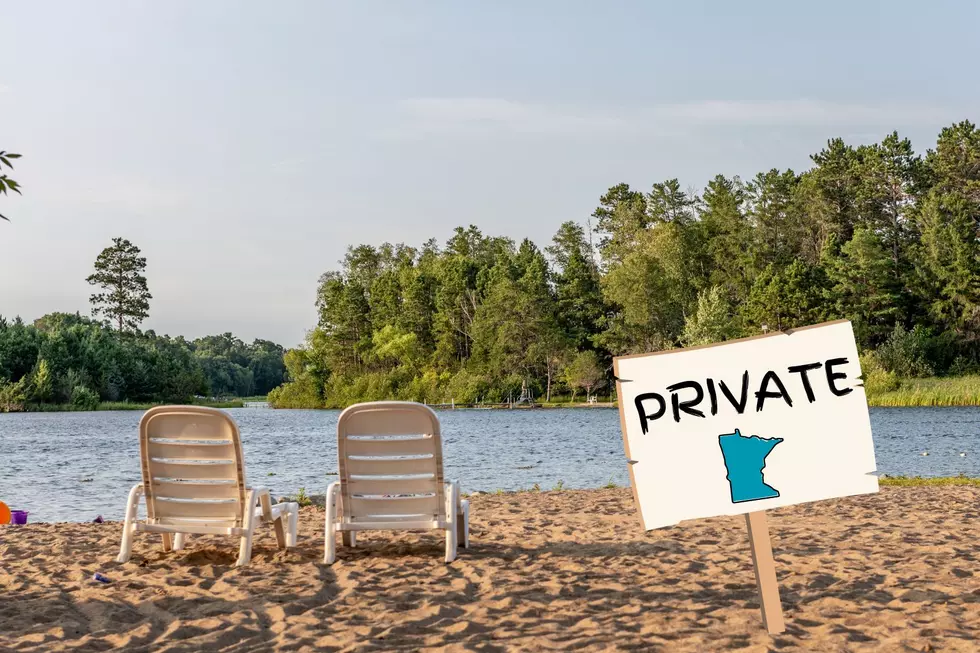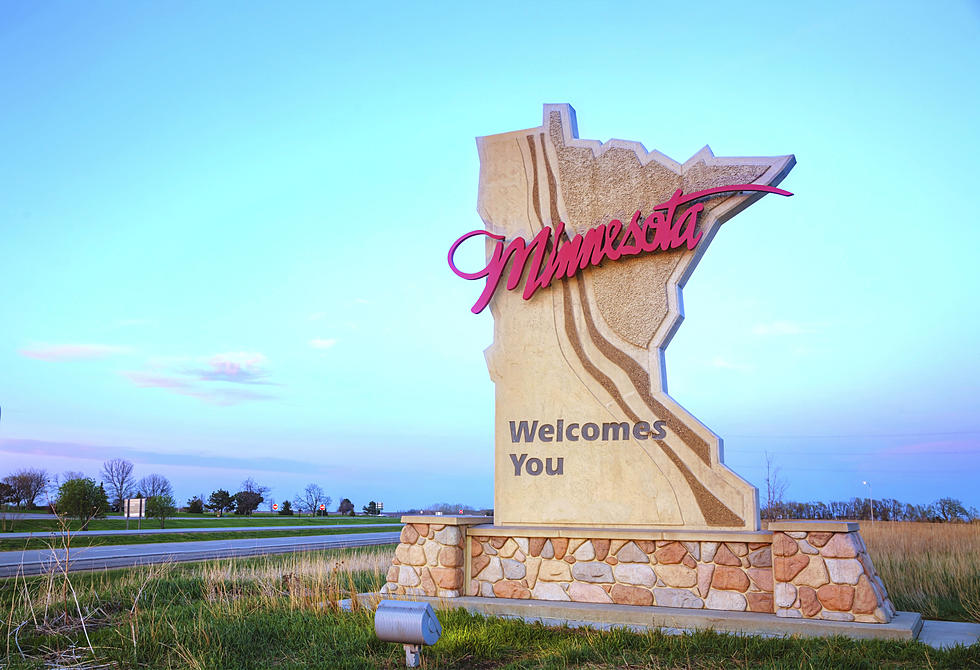
Minnesota Health Officials Warn of Deadly Brain-Eating Parasite Found in Lakes, Rivers and Ponds
Minnesota residents and visitors are being urged to use caution when swimming in area lakes this summer season due to the existence of a deadly brain-eating parasite, the Naegleria fowleri amoeba. According to the Minnesota Department of Health, this microscopic parasite thrives in freshwater when temperatures rise during the hot summer months.
Naegleria fowleri is found in all warm natural bodies of water, such as rivers, lakes, ponds, tanks, and streams. The amoeba can infect individuals by being forcibly injected into their sinus cavity during recreational activities such as skiing, jet skiing, jumping or diving. Once in the sinus, the amoeba can cause the fatal disease Primary Amebic Meningoencephalitis (PAM). While contact with the amoeba in natural bodies of water is common, infection is rare due primarily to the only route of infection is through the nose.“
Symptoms usually start about 5 days after infection and can be mild at first, but worsen very quickly. In its early stages, symptoms of the infection include headaches, fever, nausea, vomiting, stiff neck, seizures and changes in smell and taste. Later symptoms may include stiff neck, confusion, lack of attention to people and surroundings, loss of balance, seizures, and hallucinations.
“After symptoms begin, the disease can move quickly and cause death within about 5 days,” according to the Minnesota Department of Health
The Centers for Disease Control and Prevention say that the parasite invades the central nervous system through the nose, burrowing into the skull where it begins to destroy brain tissue. Current treatments available for the infection have proven ineffective with a survival rate of 1%.
The Naegleria fowleri amoeba has killed at least 128 people across 10 ten states in the U.S. since 1937 - again, the infection is rare but still very real.
The best way to reduce the risk of infection is to try not to submerge your head under the water and plug your nose or wear a nose clip to prevent anything from entering your nostrils.
SAY WHAT? 20 of the Hardest Lake Names to Pronounce in Minnesota
32 Kids Are Missing From Minnesota, Let's Help Get Them Home
HAVE YOU SEEN ME? 32 Kids Missing From Minnesota
More From 106.9 KROC-FM








